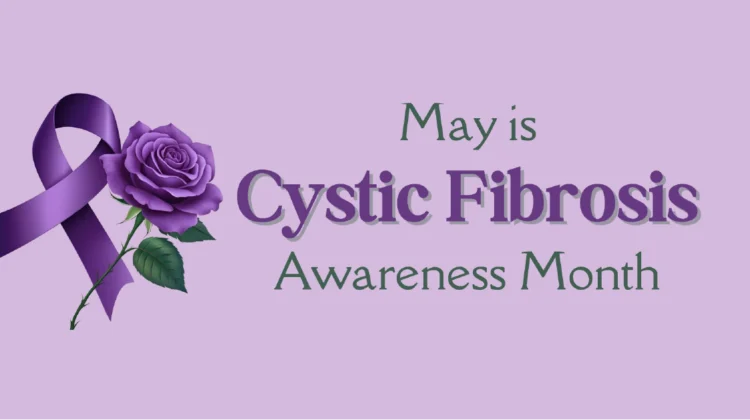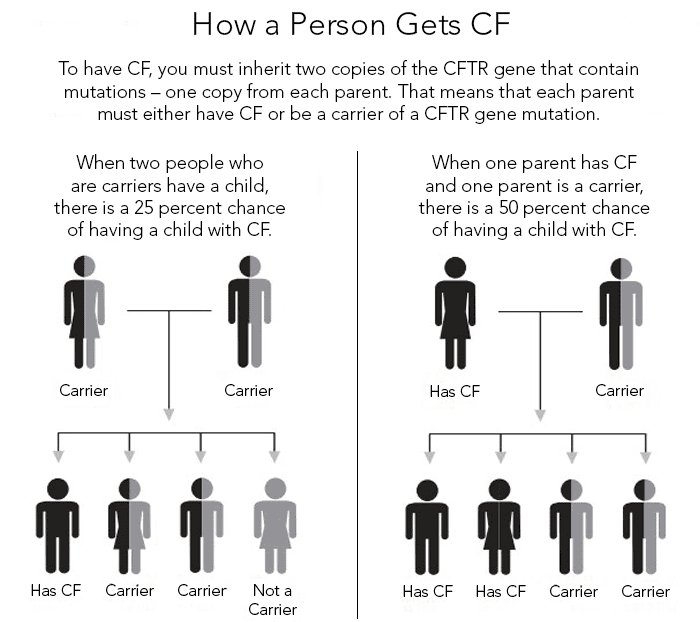
For What It’s Worth
May is Cystic Fibrosis Awareness Month—a time to shine a light on a disease that affects about 40,000 children and adults in the United States, and to honor the brave souls whose lives have been shaped (and too often cut short) by it. For me, this month is personal. I’ve lost not one, but two cousins to complications from cystic fibrosis. Their names were Sunni and Mischa. Their memories still shape how I see the world.
Sunni was my father’s niece. She passed away in 1983 at just seven years old. I was only seven months old when she died, too young to remember her, but old enough now to feel the impact of her absence. I heard stories about her all throughout my childhood, so even though our time together was incredibly brief, I still felt that familial connection.
My mother’s niece, Mischa, lived until she was 19. She passed away in 2005, when I was 22 and pregnant with my second baby. Mischa was the toughest lil booger I have ever met in my life, and had an awesome sense of humor. Losing her still feels sharp around the edges. She was smart, sarcastic, vibrant. She fought every single day to breathe, to live as normally as possible, and to make people laugh while doing it.
That’s the reality of cystic fibrosis. It’s a genetic disease that primarily affects the lungs and digestive system. A defective gene causes the body to produce thick, sticky mucus that clogs airways and traps harmful bacteria. Over time, this leads to chronic lung infections, respiratory failure, and other complications that affect nearly every system in the body. While medical advancements have significantly improved the quality and length of life for many CF patients, there is still no cure.
Most people with CF are diagnosed at birth through newborn screening, which tests for a variety of inherited conditions. A sweat test, which measures the amount of salt in a person’s sweat, is often used to confirm a diagnosis (the sweat test is usually the first step in testing older babies and children). Genetic testing can also identify the specific CF mutations a person carries—information that’s increasingly important as new treatments become more targeted and personalized. Since it is a genetic mutation, both parents have to be carriers of the gene to produce a child with CF.

Research and treatments have come a long way. Medications like Trikafta have transformed the landscape of CF care, offering longer life expectancy and better quality of life to many patients. But not everyone has access to these breakthroughs. And not everyone responds to them. That’s why awareness, funding, and advocacy still matter—deeply.
If you want to learn more about CF, visit the Cystic Fibrosis Foundation at CFF.org, a leading resource for education, advocacy, and support for families. You can also learn more about current research, clinical trials, and ways to get involved.
This May, I remember Sunni. I remember Mischa. And I stand with the thousands of families still navigating life with CF. They deserve our compassion. They deserve our support. And most of all, they deserve a future without cystic fibrosis.




